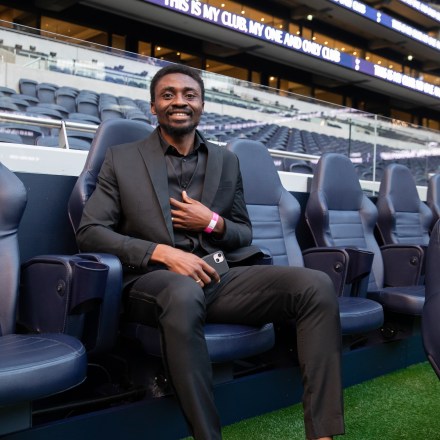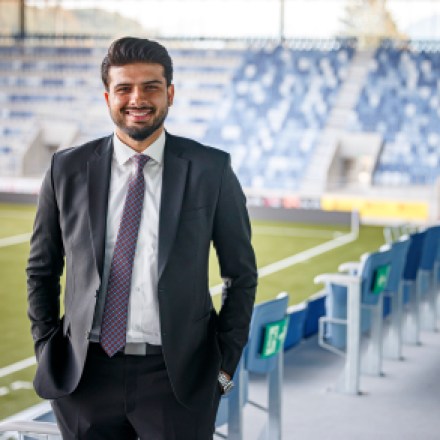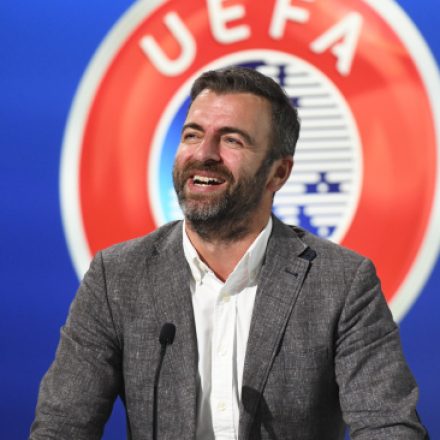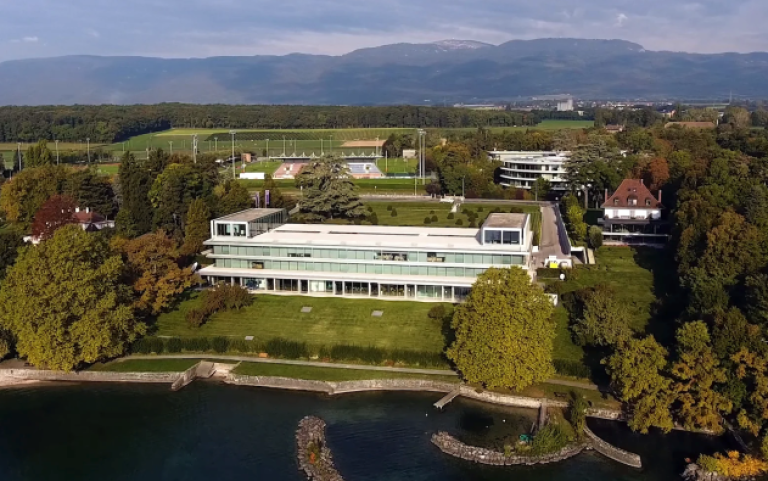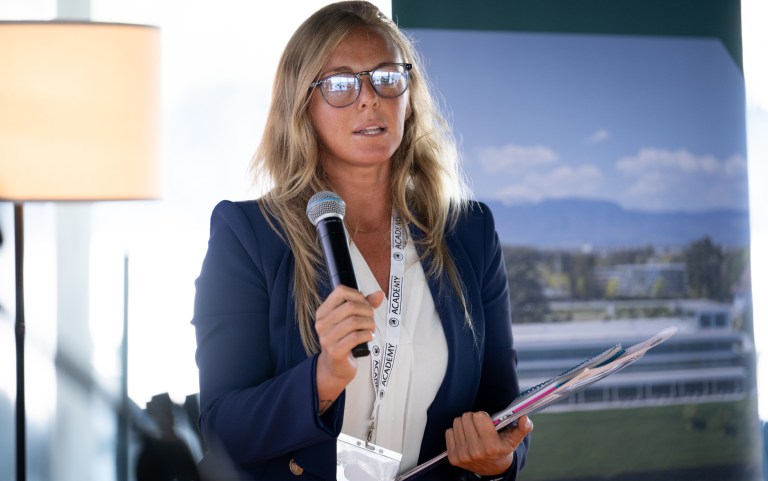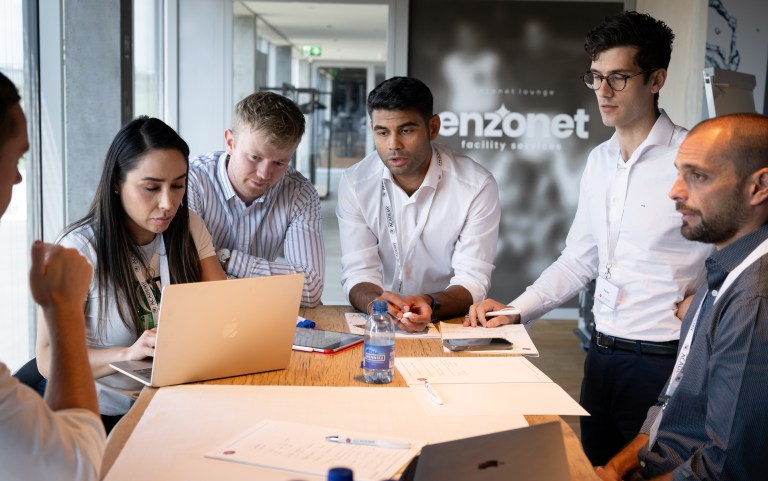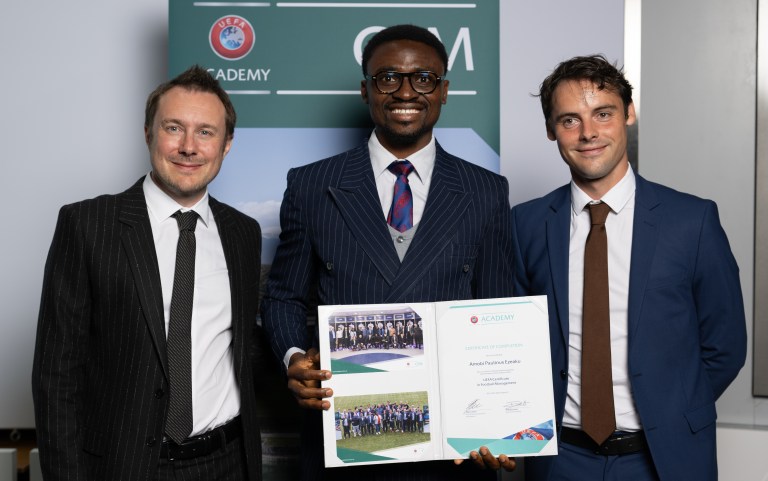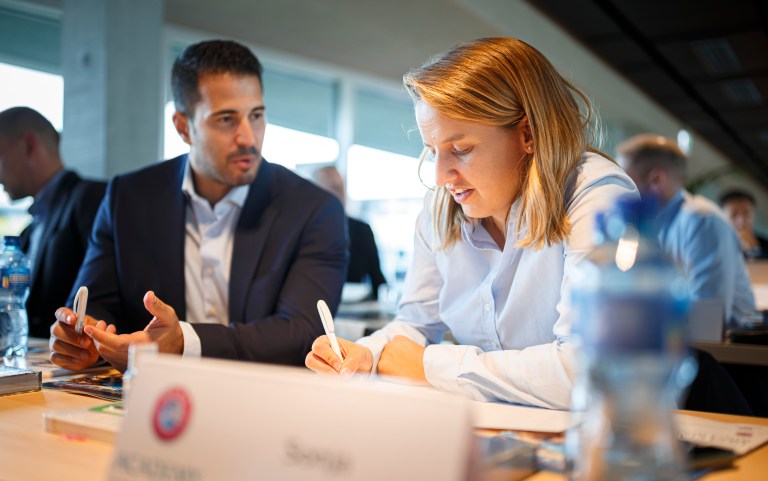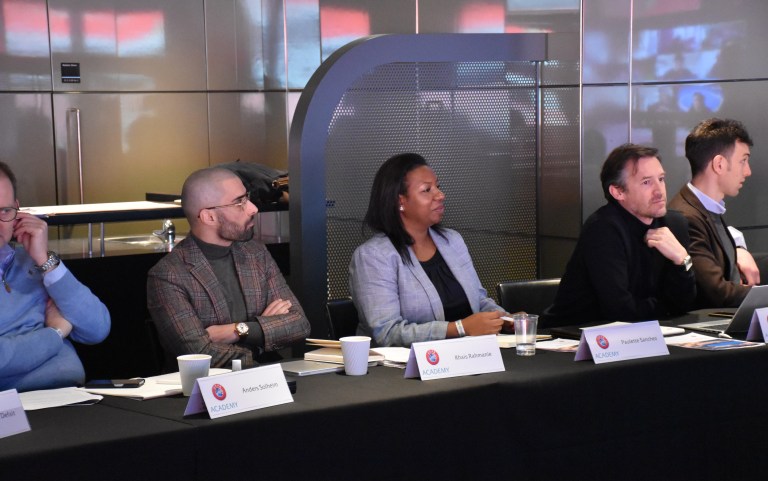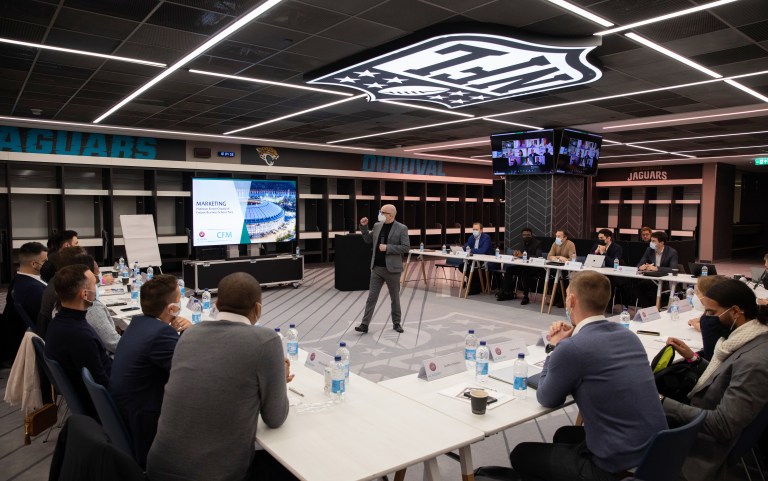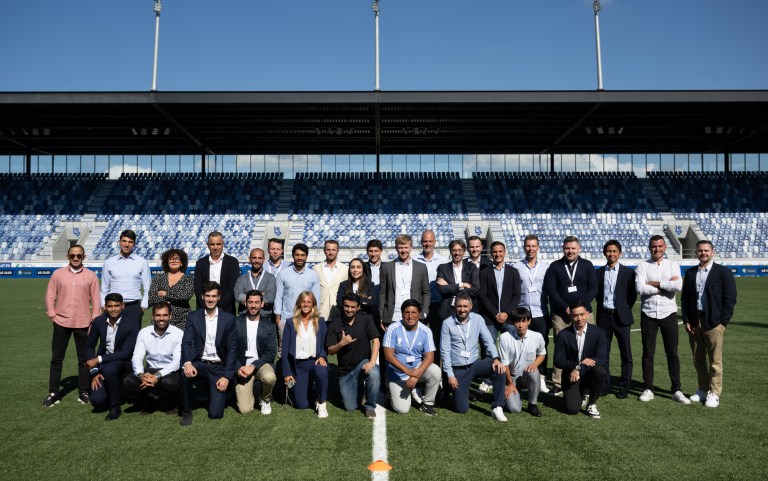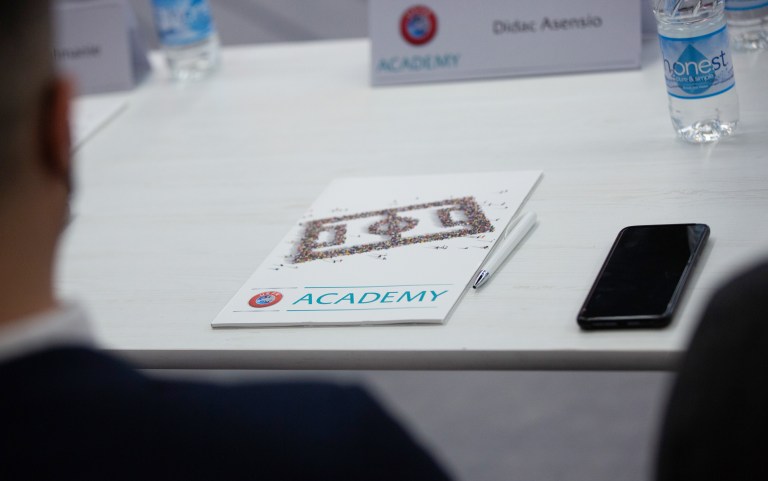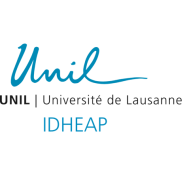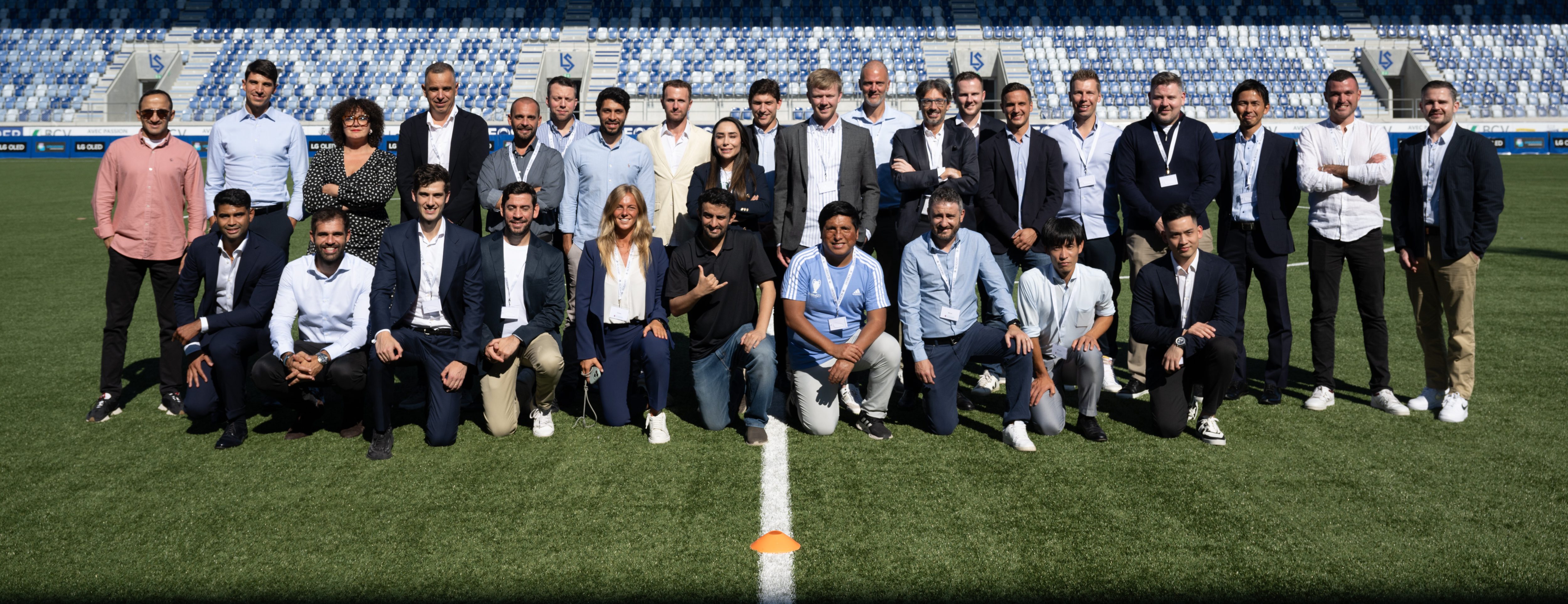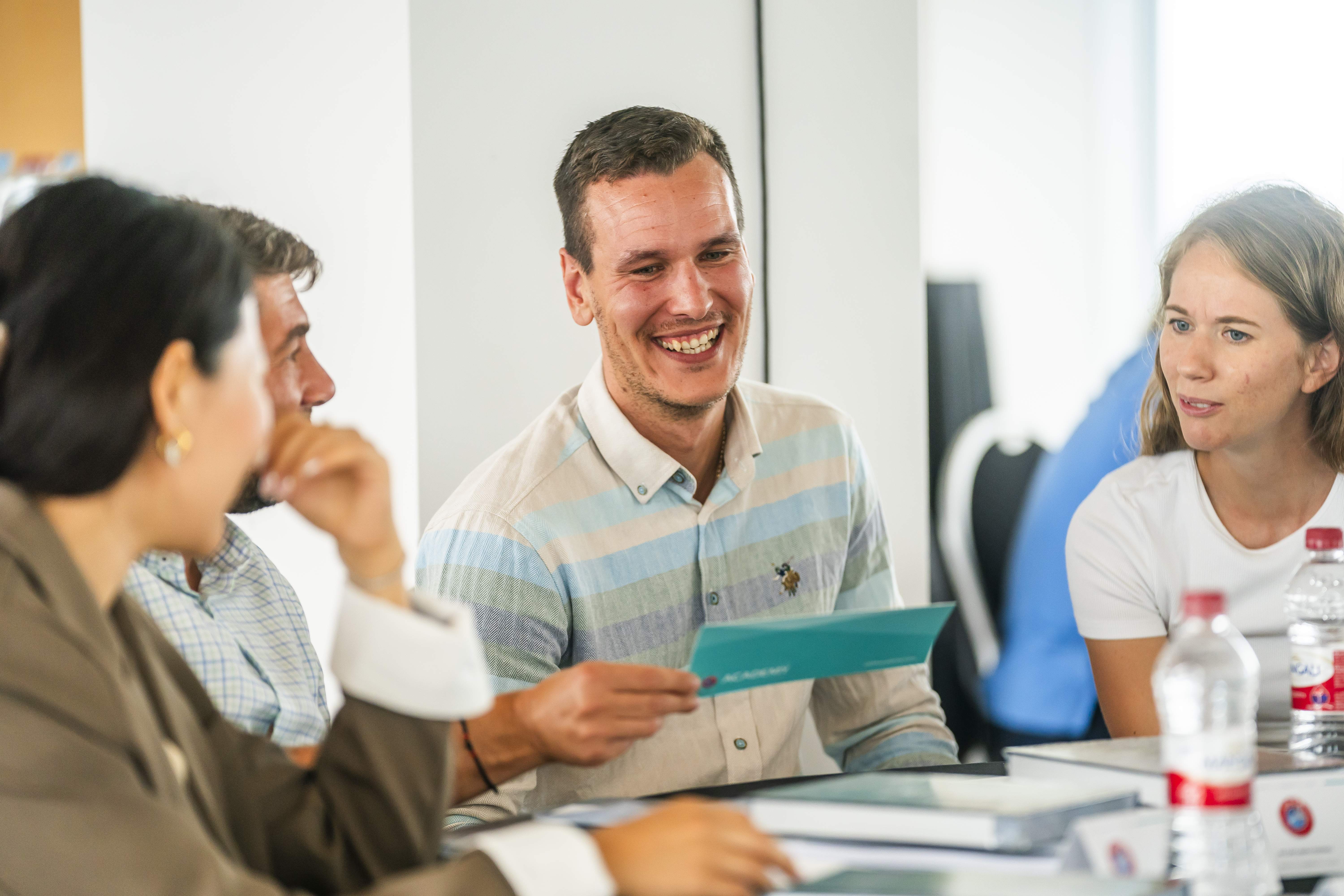UEFA Certificate in Football Management (UEFA CFM)
The UEFA CFM is the must-have programme for anyone working in a football organisation who wants to gain a comprehensive understanding of how the game is managed.
Programme Overview
*For staff of UEFA’s 55 member associations, dedicated national editions of the UEFA CFM are organised. Please check the UEFA CFM – National edition page for further information.
The blended learning approach of the UEFA CFM containing a mix of e-learning and face-to-face seminars has been carefully designed in collaboration with a prestigious academic institution and leading experts to ensure a high quality programme.
The UEFA CFM lasts for nine months and compromises of ten online modules as well as three face-to-face seminars. Each module and face-to-face seminar addresses a key area of football management which are necessary for people working within the football industry.
The online modules found within the UEFA CFM are as follows:
- The organisation of world football;
- Strategic and performance management;
- Operational management (human resources, finances, customer satisfaction, service operations);
- Football marketing and sponsorship;
- Communication, the media and public relations;
- Event and volunteer management;
- Women’s football;
- Football development;
- Football and social responsibility;
- Football law
Quick view
Faq
- Who People working in or connected to the football industry*
- When Autumn 2026
- How long 10 months
- Where 1st and 3rd face-to-face seminar at UEFA HQ, Nyon and region 2nd face-to-face seminar in Lisbon
- Price €7,900 (including all programme materials, lunches as well as at least one dinner per seminar)
- Number of participants 35 (max)
- Academic certification Certificate of Advance Studies (CAS), 10 ECTS credits
- Language English
- Are you a member of UEFA's 55 National Associations? If yes, please refer directly to the administration of your national association for applications to the national editions of the UEFA CFM.
- Application criteria Please refer to the pdf document in the "Important documents" section to learn more about all the required criteria.
- Application We review applications all year round as they arrive; however, there is a specific deadline for the upcoming edition of each programme. When the number of places is limited, you may have a better chance of being selected by applying earlier in the application cycle. You will either receive confirmation that you have been selected within two weeks of applying or be added to an application list and informed of the decision once the deadline has passed.
- Inclusivity, Diversity and Parent Support We welcome all participants from diverse backgrounds and cultures, recognising the unique value that diversity brings to our community. If you have any uncertainties about meeting specific programme criteria, we encourage you to reach out to us. in addition, the UEFA Academy is aware of the challenges parents of young children can be facing when perusing continuous education. Should you believe it could be an obstacle to your education journey, contact us to learn more about the support the UEFA Academy can offer in that regard.
Important dates
- 02 Dec 2024 Applications open for the 7th edition
- 30 Jun 2025 Applications close for the 7th edition
- 09 Oct 2025 Face-to-Face Seminar 1 - UEFA Headquarters, Nyon
- 27 Mar 2026 Face-to-Face Seminar 2 - Lisbon, Portugal
- 26 Aug 2026 Face-to-Face Seminar 3 - UEFA Headquarters, Nyon
Programme Outcomes
- acquire a comprehensive understanding of the football industry from all angles;
- strengthen your managerial skills;
- conduct a managerial analysis of your unit/department/organisation or a football organisation of your choice and provided recommendations;
- develop a global network in the football industry (over 3,800 graduates working in the football industry).
Important documents
Roadmap
Introduction to football management
Length: two and a half days
The 1st seminar focuses on the first three modules of the programme. Participants will gain a greater understanding on the organisation and running of world football; the importance for football organisations to undertake strategic management as well as how to effectively manage the different operations of a football organisation.
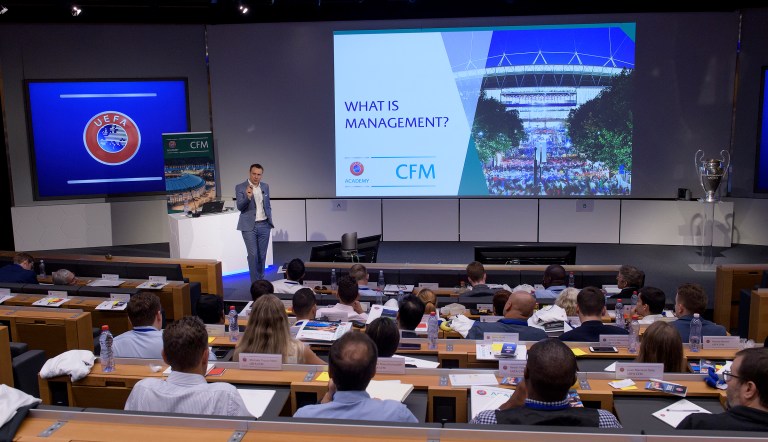
This module will provide an overview of how the world of football is organised including who are the key stakeholders and the role FIFA plays in governing the game of football.
It particularly focuses on the structure and operations of UEFA including how it organises competitions, represents and regulates European football.
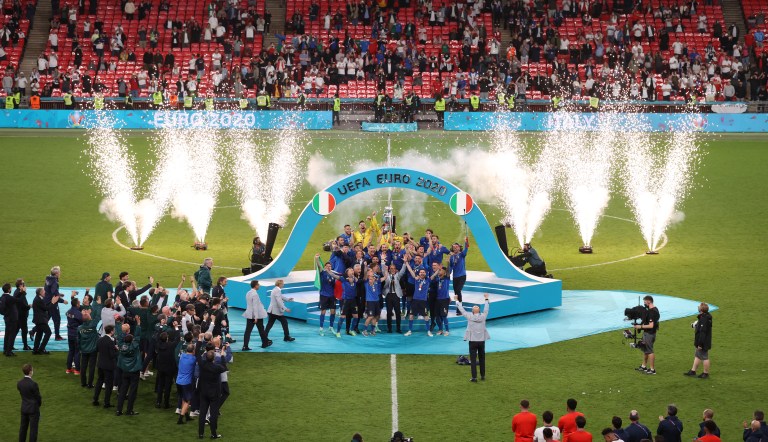
This module takes the participants through the strategic management process and its different elements which are highly important for any football organisation and its strategic plan.
It looks into the analysis of the current situation and external factors affecting a football organisation, the internal analysis and strategic planning as well as concluding with how an organisation should implement its strategy.

This module looks into how a football organisation should effectively manage its operations and resources.
It focuses on four of the main areas of operations for a football organisation; human resources, financial resources, delivering customer satisfaction and designing service operations.
Participants will understand how a football organisation implements, organises and evaluates these four areas of operations.
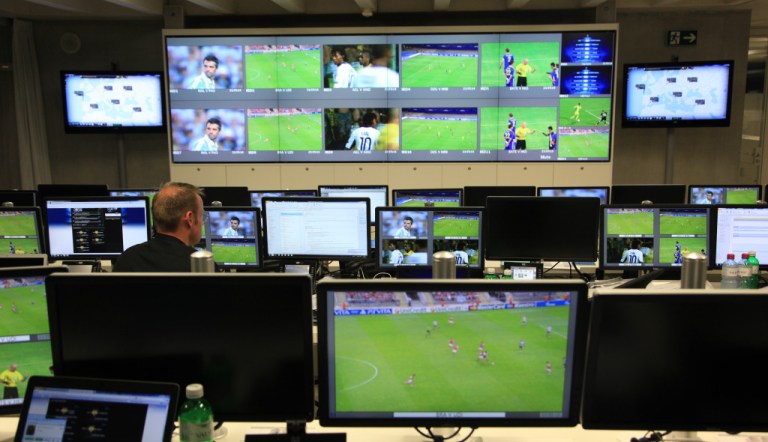
Football marketing & communication
Length: two days
The 2nd seminar focuses on the fourth and fifth modules of the programme. Participants will gain a greater understanding on how football organisations leverage on the marketing and sponsorship environment found across the industry as well as how football organisations communicate and interact with the media, their stakeholders as well as managing their public relations.
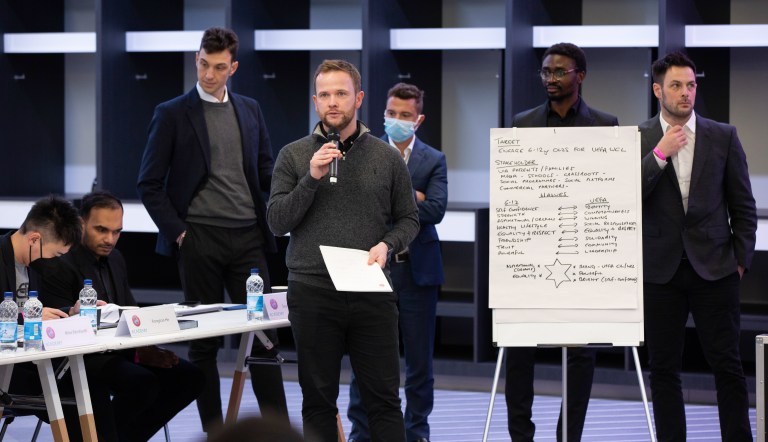
This module is about how a football organisation utilises marketing while leveraging upon sponsorship in order to promote itself and generate higher revenues.
Participants will gain greater knowledge on the particularities that lie within the football marketing landscape and how it differs from other industries.
Moreover, it will be highlighted the importance of capitalising on brand and marketing communications. The module will conclude by looking into which commercial activities provide an opportunity for a football organisation to generate income.
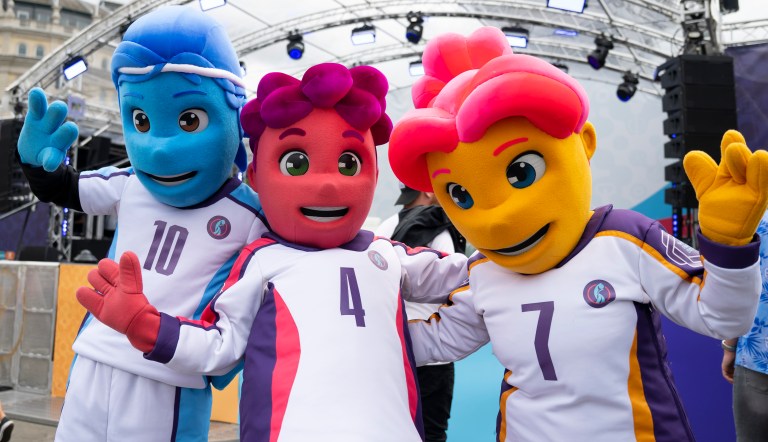
This module will ensure participants better understand the importance of communications both internally and externally for the benefit of a football organisation.
It involves the different communication channels available for an organisation and the need to communicate to relevant stakeholders in the appropriate manner.
Participants will gain a greater understanding of the media operations and activities that should be carried out by a football organisation as well the impact social media is having within the growing digitalisation of the media landscape.
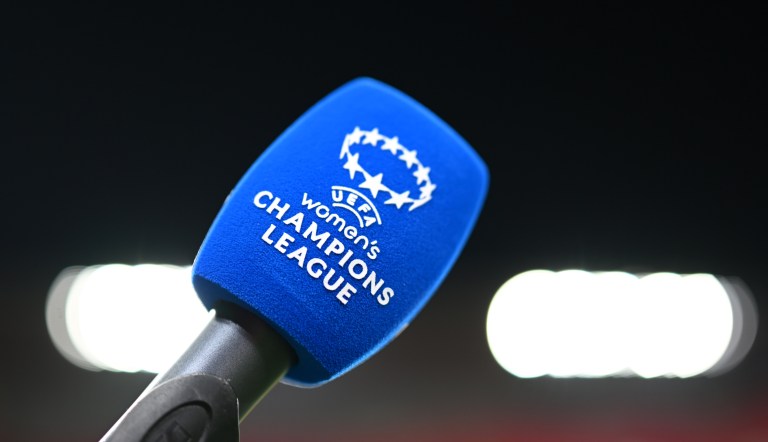
Module 6 elaborates on various aspects of football event and volunteer management. Organising events can
be a unique opportunity for football organisations to showcase one of their main assets to their stakeholders.
However, the organisation of a sports event is a project because it involves achieving a fixed objective within
a given time and mobilising limited resources to provide a fixed level of service in a sustainable way. Football
events in particular have special characteristics which make their management quite unique, one of which is
the inclusion of volunteers to help plan, stage and maintain the legacy of the event. These events are much
more than just competitions between teams and players.
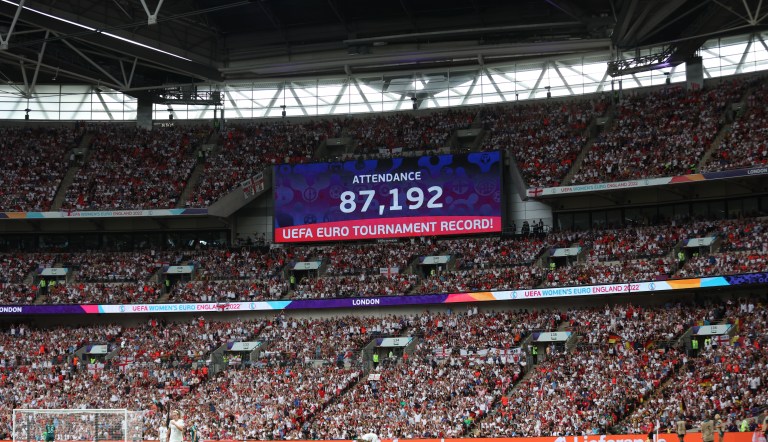
This module stresses the importance of Football and Social Responsibility (FSR) as an emerging field in Football
Management, outlined a general theoretical framework of FSR, and provided some examples of FSR issues
(the cases of diversity & inclusion and climate action). Based on an integrative FSR approach, it sketches
more practical aspects by discussing eight crucial elements of FSR strategy development which are: vision
and mission, stakeholder management, issue management, the Sustainable Development Goals, a FSR path
model, FSR implementation, monitoring and evaluation, and FSR reporting and communication.
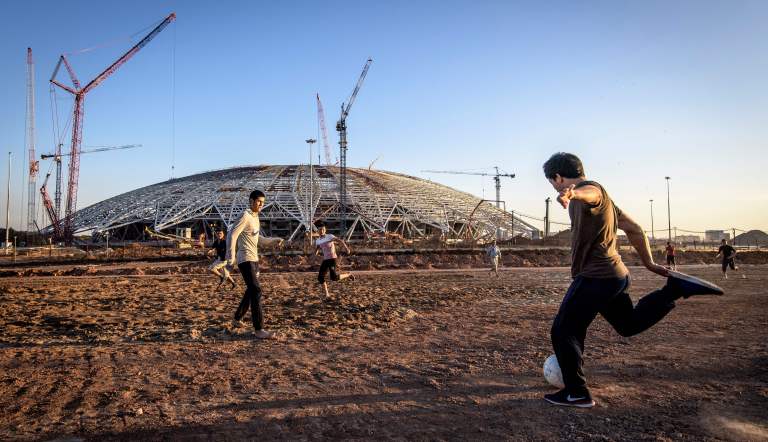
This module evaluates the challenges and opportunities in continuing the development of girls and women’s football, dividing its evaluation into three parts: the context of women’s football, the content of the development goals for girls and women’s football and the processes whereby participation, governance and commercial sustainability goals can be achieved.
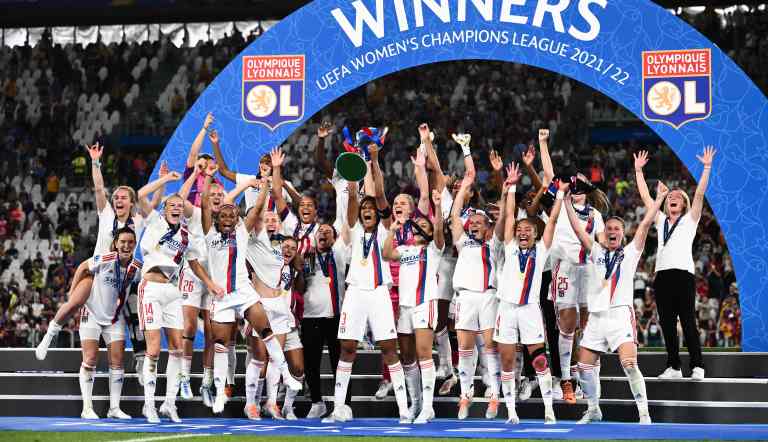
Module 9 illustrates the importance of football development within a national association. As the core
business of a football association is football, the development of football will be the number one priority in
the strategic plans for shaping the future. The way the future game is being developed in the daily work,
will impact the success of the association. The topic is divided in four sections: the first one highlights the
importance and the way to create a clear vision about the “future” game of the nation. The next three
sections focus on the main areas that impact the development of this future game: first of all, the growth
and flourishing of grassroots football, secondly the education of coaches and finally the development of
the elite players. These four areas are the building blocks to develop the game and to work on a common
framework and masterplan for the future of football.
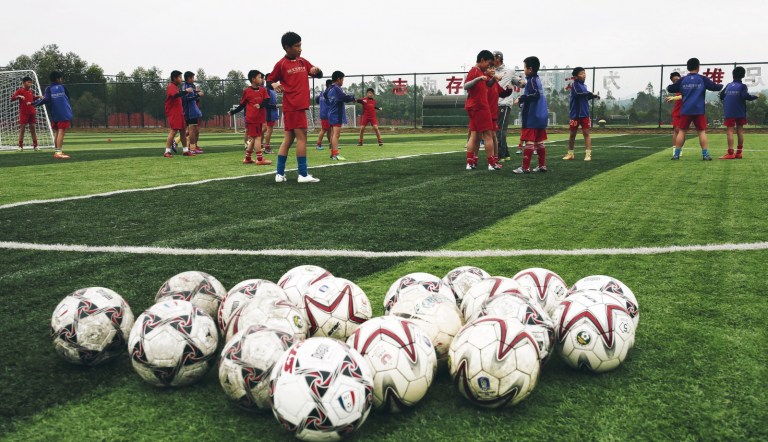
Module 10 is an introduction of sports law in the football area. The enormous commodification of the game
has created an inevitable framework of open public discussion focuses on the ability of governing bodies to
regulate properly and appropriately the business of football. This crucial topic is divided into four sections:
the first outlines how sports law consists of various set of rules. The second section describes FIFA regulations
relating to contract stability, training compensation and solidarity mechanism. The third section addresses
the legal problematic of match-fixing and the last section covers the disciplinary proceedings before FIFA,
UEFA and CAS.
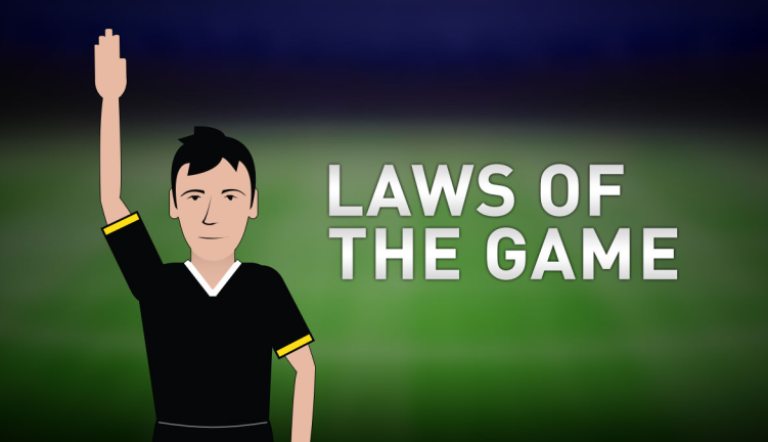
Football event management
Length: four days
The two first days of the seminar are optional for the participants and will contain additional content, presentations & group work based upon the elective modules of the programme. The mandatory days focus on the oral examinations and the graduation ceremony. Moreover, participants will engage in a practical simulation activity based on the sports and commercial operations of a UEFA Champions League match. The oral examinations are an essential part of the programme and will be based on an elective module of participant’s choice.
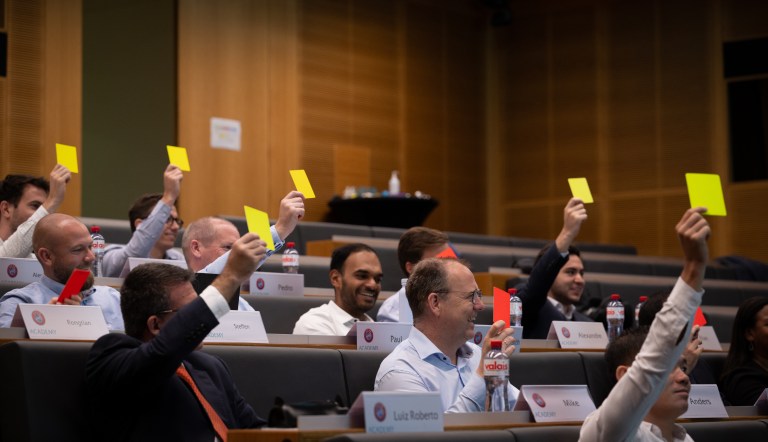
The formal graduation ceremony and dinner will take place in the evening of the last day of the 3rd face-to-face seminar for participants who have successfully completed the UEFA CFM.
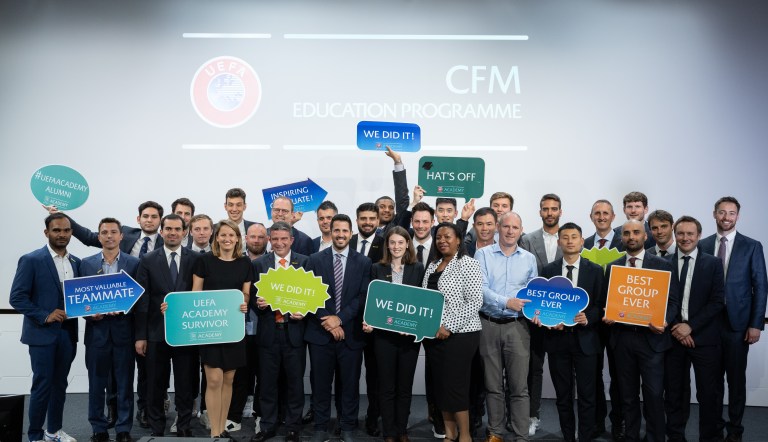
What our students and experts say
